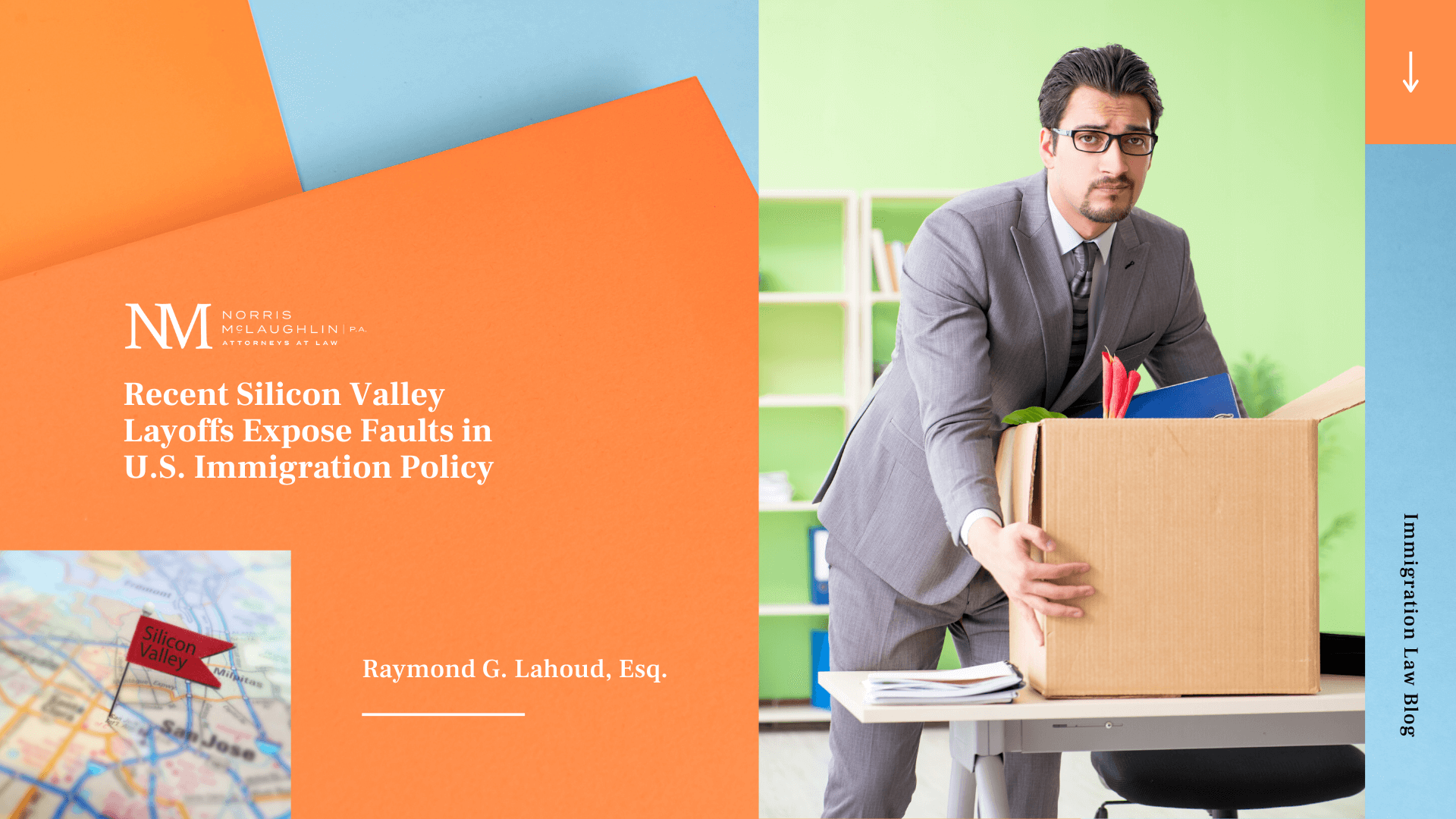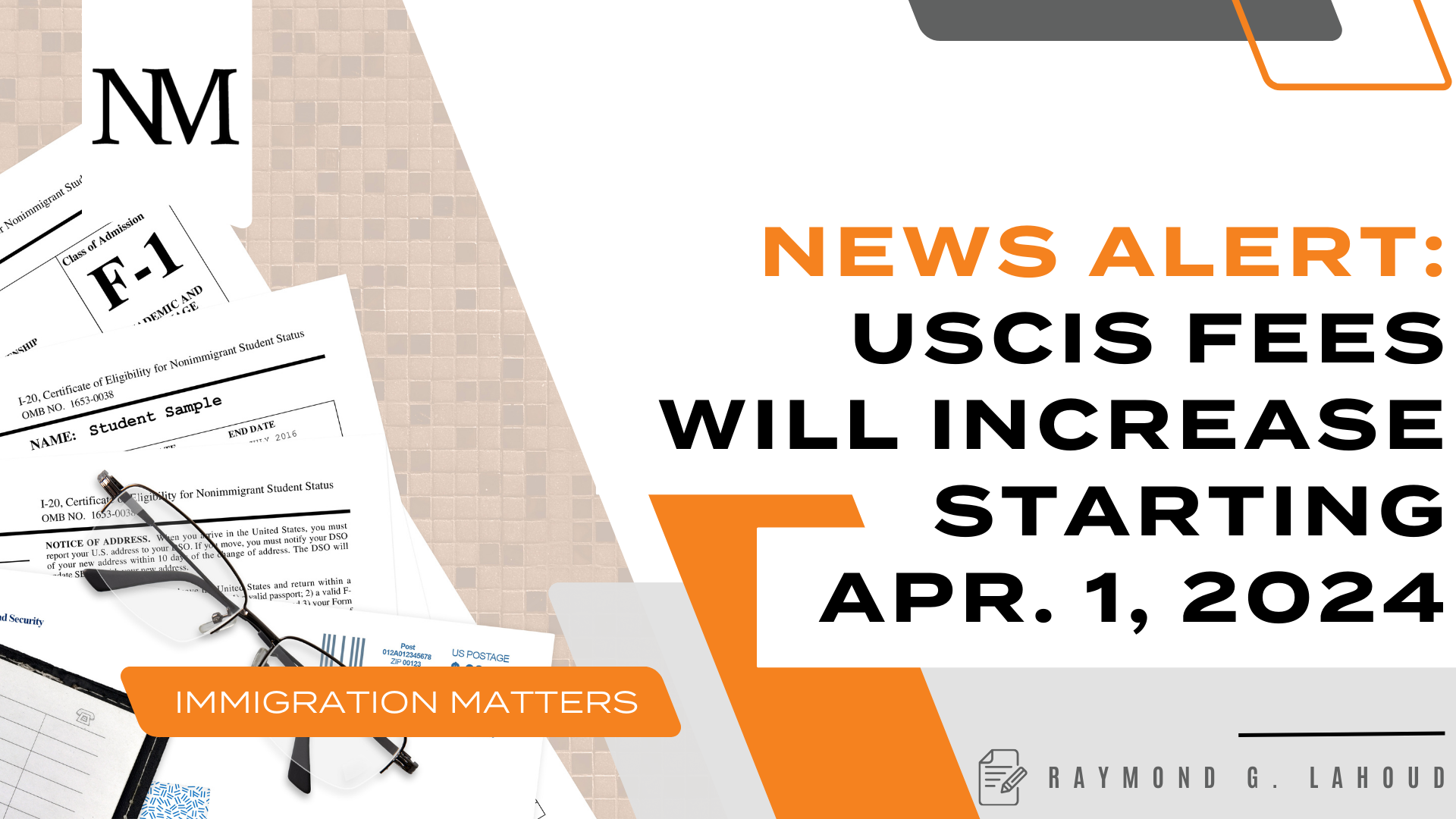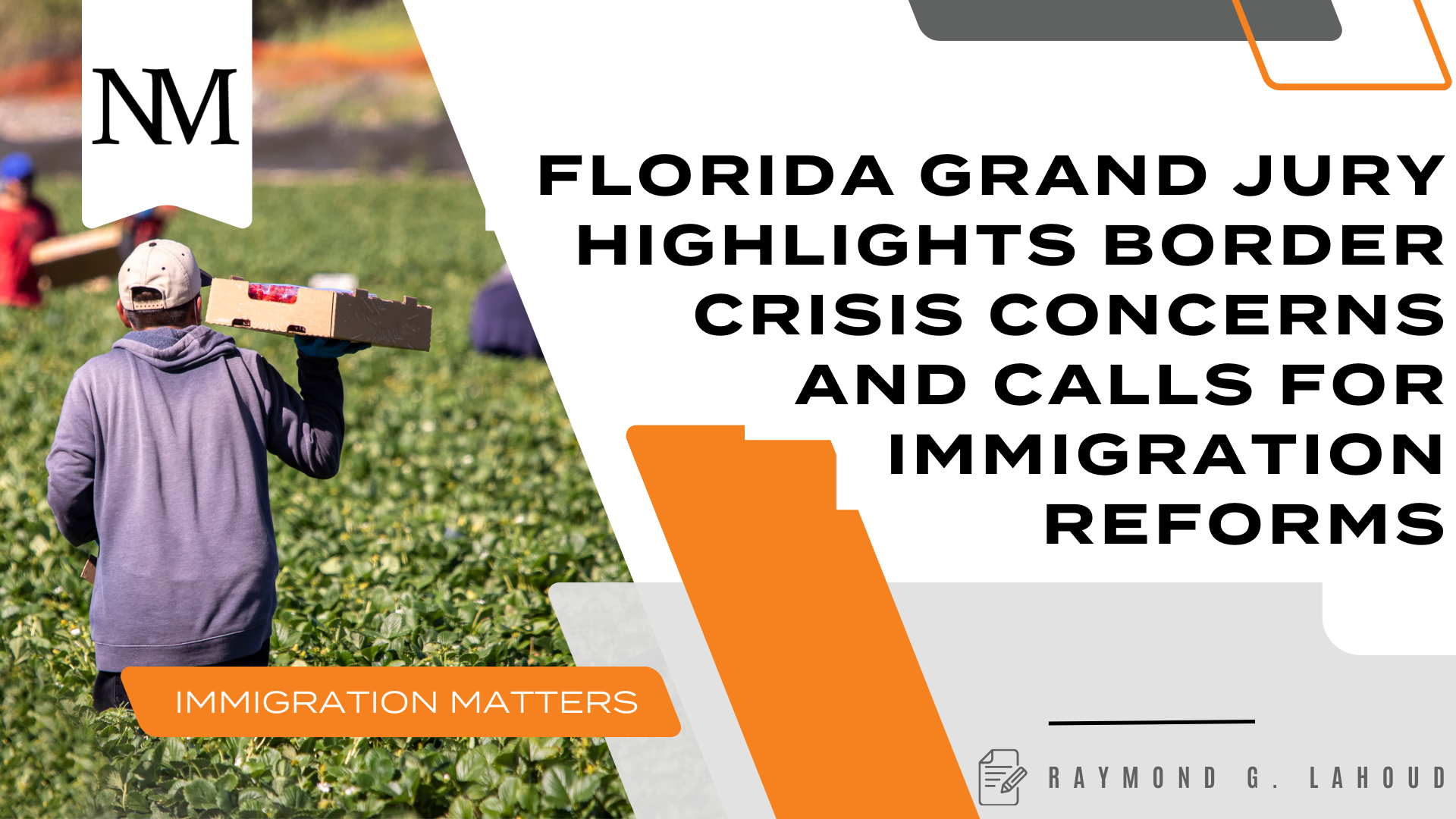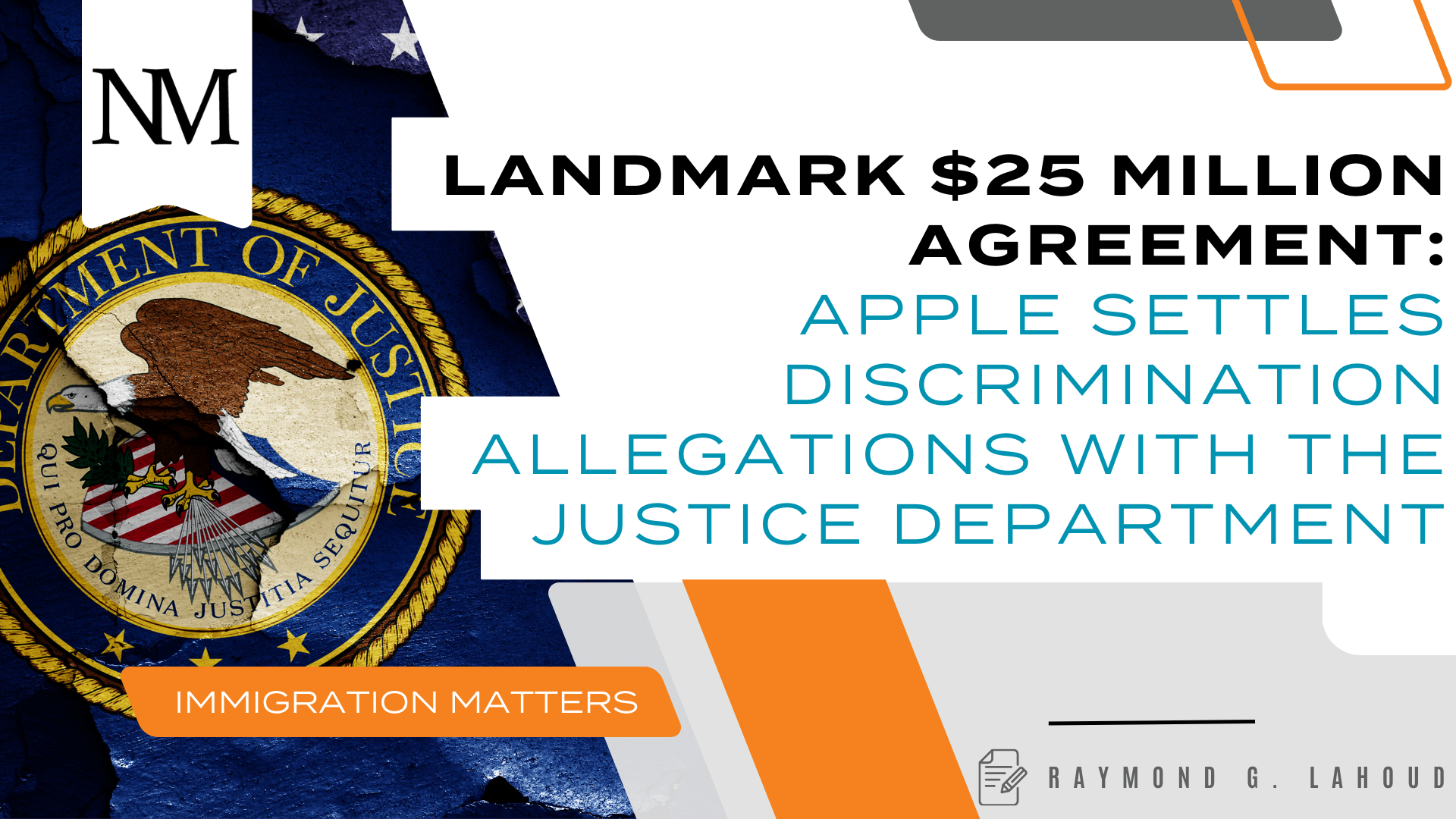Recent Silicon Valley Layoffs Expose Faults in U.S. Immigration Policy

A wave of layoffs across Silicon Valley poses significant implications for the economy as the United States struggles to avoid a recession. Given that the tech industry relies heavily on foreign labor, these cost-cutting measures pose unique consequences for foreign workers. As most foreign workers rely on employment-based visas to remain in the United States, some suggest these layoffs could deter noncitizen workers from continuing to work in the United States.
Fearing Recession, Silicon Valley Cuts Costs
Big Tech companies have begun tightening their belts as the country struggles to avoid a recession. From Facebook to Amazon and now Twitter, it is clear the layoffs may be just the start of a larger trend. While these layoffs may be a reality of an economic downturn, they pose a unique impact on Silicon Valley, where foreign workers constitute as much as three-quarters of the workforce. This impact affects some of the largest players in the industry, with 2016 data showing Google relied on more than 2,500 foreign workers, while Apple employed over 2,000. Most of these workers held foreign degrees and worked in the United States pursuant to the H-1B nonimmigrant visa classification.
H-1B Specialty Occupation Visas
The H-1B visa classification is a temporary, nonimmigrant visa category that allows employers to petition on behalf of highly-educated foreign professionals who work in specialty occupations that require at least a bachelor’s degree. To sponsor foreign workers under the program, the employer must submit to the U.S. Department of Labor an application that attests, among other things, to labor conditions and describes the existence, duration, and wages associated with the temporary job. H-1B beneficiaries may be admitted to the United States for up to three years, and this status can be extended, generally not for a period exceeding six years.
Impact of Big Tech Layoffs on Foreign Workers
According to recent data, at least 20,300 tech workers were laid off in November, with over 100,000 let go since the start of the year. With news of layoffs, foreign tech workers face added pressure to find new jobs or face deadlines on their ability to remain in the country lawfully. Even Mark Zuckerberg, CEO of Meta, explained in his announcement of layoffs that the layoffs will affect visa holders and offered dedicated immigration specialists to help guide the affected workers. Even with assistance, the affected foreign workers face tight deadlines to extend their lawful presence in the country.
The Department of Homeland Security, through the Federal Register, established a rule requiring foreign workers who are laid off to find new employers for sponsorship within 60 days from their termination date. Workers who fail to do so will have to leave the country or seek alternative avenues to lawful status.
The uncertainty reveals a critical flaw of U.S. immigration policy, as countless talented workers may forever be deterred from working in the United States. An assistant professor of economics at the University of San Diego, Gaurav Khanna, recently explained that “U.S. immigration policy has amplified the uncertainty for immigrant workers in times like this. A lot of tech workers will have to pack up their lives and leave. That means workers are less likely to choose the U.S. as a destination for working in the tech sector.”
Innovation is critical to the ongoing success of Silicon Valley companies. With droves of talented foreign workers being turned away, the layoffs reveal a troubling aspect of U.S. immigration policy. It remains to be seen whether these layoffs will harm American innovation or the success of major tech companies, but a lack of immigration reform to protect foreign workers exposes the country to the risk of losing its position as a global leader in technological innovation.
To learn more about this blog post, or if you have any other immigration concerns, please feel free to contact me at rglahoud@norris-law.com or (484) 544-0022.




